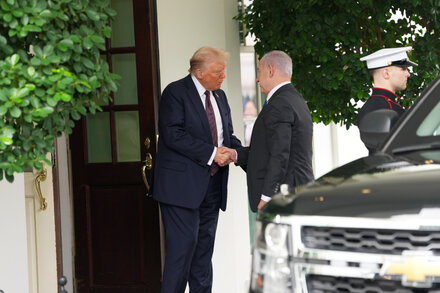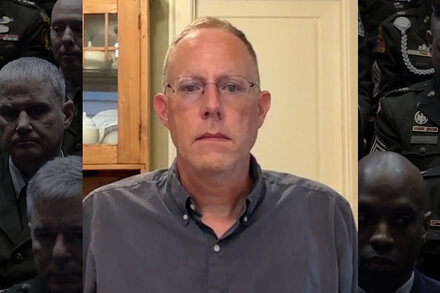Washington D.C. – A concise indictment against former FBI Director James Comey has sent ripples through the nation’s capital, immediately sparking intense debate and drawing sharp criticism from across the political spectrum. The unsealed document, reportedly brief in its scope, pertains to actions taken during his tenure, though specific charges have yet to be fully detailed publicly, fueling speculation and concern.
The indictment, confirmed by sources within the Department of Justice, has been met with a barrage of questions regarding its timing, legal basis, and potential political motivations. Many observers are scrutinizing the move, asking why such a step is being taken years after Comey’s departure from the bureau and subsequent public scrutiny.
Legal experts have weighed in, with some expressing alarm over what they perceive as a potentially dangerous precedent.
“Regardless of one’s opinion of Director Comey, an indictment of a former high-ranking law enforcement official carries immense implications for the independence of the justice system,” stated a prominent constitutional law professor, who requested anonymity to speak candidly about the ongoing situation. “The brevity of the indictment itself raises questions about the thoroughness of the investigation or perhaps a highly focused set of charges.”
Criticism has been particularly vocal from opposition lawmakers and former government officials. Many view the indictment as an attempt to settle old scores or to intimidate future public servants.
“This appears to be nothing more than a politically motivated attack,” asserted a former senior aide to a Democratic senator. “The public deserves full transparency, not just a brief, opaque indictment that invites more questions than answers about the true intent behind these actions.”
Conversely, supporters of the administration have argued that no individual is above the law and that accountability for perceived wrongdoing is essential, regardless of past position. They contend that the legal process must be allowed to run its course without political interference, even as the process itself becomes a focal point of political contention.
The precise nature of the charges, while not fully disclosed in public statements following the unsealing, is understood to relate to specific conduct or decisions made by Comey while leading the FBI. The narrowness of the indictment has led some to speculate about its potential to be a strategic legal maneuver, while others express concern it might be a precursor to broader actions.
As the legal proceedings are expected to unfold, the Comey indictment is set to remain a significant topic of discussion, prompting ongoing scrutiny of the Department of Justice’s processes and the broader political landscape.
Source: Read the original article here.





